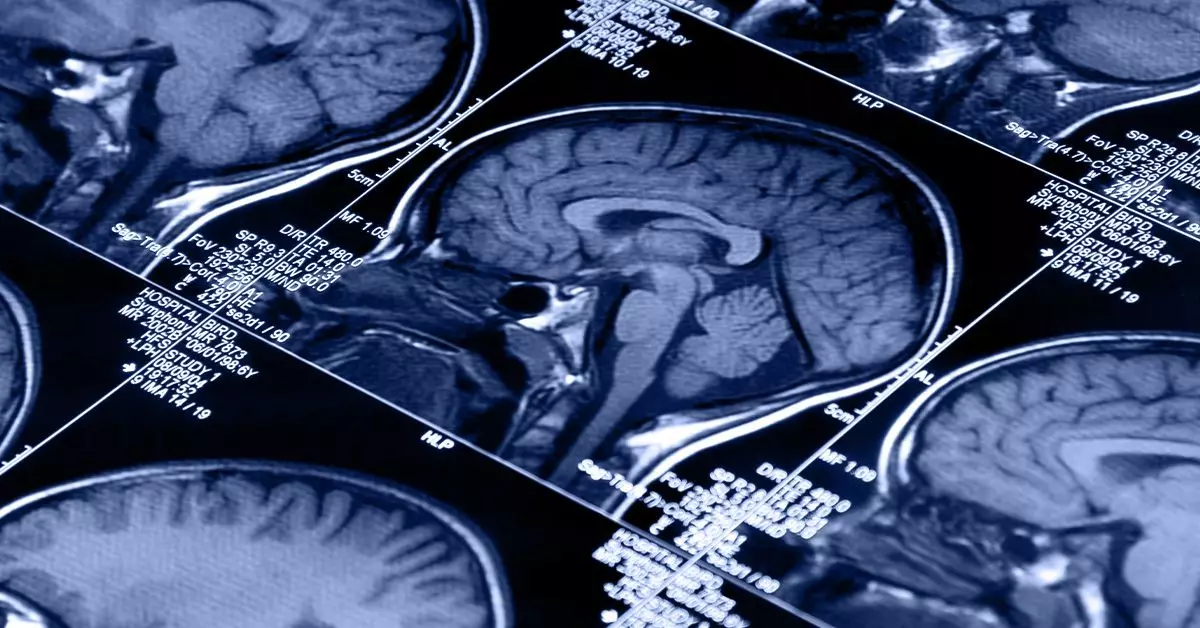In the labyrinth of neurodevelopmental disorders, the emergence of conditions like Attention Deficit Hyperactivity Disorder (ADHD) has added complexity to our understanding of mental health. However, a growing trend has seen the introduction of fringe concepts like Temporal Lobe Attention Deficit Disorder (ADD). Advocates claim that this supposed subtype of ADHD is marked by specific symptoms stemming from the temporal lobe, a region of the brain integral to memory, emotion, and auditory processing. While these claims may appear reasonable at first glance, it is essential to critically evaluate the veracity of such assertions and what they imply for the broader ADHD discourse.
The legitimacy of Temporal Lobe ADD is highly dubious, as the scientific community has largely rejected it as a distinct medical diagnosis. Instead, ADHD manifests through a spectrum of symptoms that can include memory impairment and emotional dysregulation, both of which the proponents of Temporal Lobe ADD argue are central to their variant. However, these symptoms overlap significantly with the established characteristics of ADHD, rendering the need for a separate classification unsubstantiated.
Unpacking the Claims
The concept of Temporal Lobe ADD purportedly holds that impairments in this part of the brain lead to unique emotional and cognitive challenges. Advocates assert that factors such as overactivity, underactivity, or even damage to the temporal lobe are responsible for these issues. Yet, the absence of robust scientific evidence undermines these assertions. For instance, a small study conducted in 2020 identified alterations in the temporal lobe among individuals with ADHD, but its findings were generalized rather than specific to a so-called subtype.
Moreover, the classification of ADD as a separate entity is outdated. Historically, “ADD” signified a form of ADHD without the hyperactive component, but modern nomenclature has shifted entirely to encompass the more inclusive term ADHD. Thus, the emergence of Temporal Lobe ADD raises eyebrows regarding its legitimacy: is it a genuine neuropsychological phenomenon or merely a repackaging of existing ADHD traits?
An Unfounded Diagnostic Framework
Examining the claims surrounding Temporal Lobe ADD reveals a concerning trend within certain clinical practices. Numerous clinics and practitioners offer diagnoses for this condition, often citing a laundry list of arbitrary causes from genetic predispositions to “overexposure” to screen time and processed foods. This eclectic approach often blurs the lines of credible diagnosis and treatment, particularly as the evidence backing such claims is inconclusive and spurious at best.
Research into ADHD does affirm that genetics play a significant role, with approximately 80% of ADHD cases exhibiting hereditary patterns. However, attributing causative factors as extraneous as dietary habits or modern lifestyle choices lacks empirical support. Such narratives can distract from the pressing need for a scientific understanding of the condition and can ultimately lead to misdiagnosis and ineffective treatment.
Concern for Misdiagnosis and Treatment Risks
The implications of promoting a diagnosis like Temporal Lobe ADD extend broadly into the realms of mental health treatment and patient safety. Instances abound where individuals, particularly children, may be misdiagnosed and subjected to unnecessary treatments, including dietary modifications, unverified herbal supplements, and behavioral therapies without the backing of substantive research.
While some may argue that these interventions are benign, it is critical to recognize the potential for adverse effects—particularly concerning children whose neurological development is still underway. Furthermore, diverting attention from scientifically validated methods of managing ADHD can have dire consequences for those genuinely seeking help. Undoubtedly, the complexity of ADHD requires sophisticated strategies, yet conflating it with unverified subtypes can only serve to obfuscate understanding.
The Importance of Evidence-Based Approaches
Advococating for new subtypes like Temporal Lobe ADD often detracts from serious mental health conversations and the importance of evidence-based practices. The psychiatric community predominantly recognizes three subtypes of ADHD: inattentive, hyperactive-impulsive, and combined presentation. The need for further research into ADHD and its manifestations, particularly in terms of how they affect brain function, continues to be of utmost importance.
Those grappling with ADHD symptoms should always consult with qualified mental health professionals who can provide an accurate diagnosis and a tailored treatment plan. Addressing the challenges associated with ADHD requires a nuanced understanding of individual experiences and scientifically backed interventions, emphasizing the importance of a collaborative approach between patients and mental health specialists.
Redefining our understanding of ADHD through research and discussion is paramount. As we deepen our grasp of complex neurological conditions, we must remain wary of unrecognized terms and diagnoses cloaked in pseudoscientific reasoning—especially when the stakes involve the mental well-being of so many. Addressing ADHD not only hinges on accurate diagnoses but also on the courage to scrutinize emerging claims and base our approaches on solid, peer-reviewed science.

